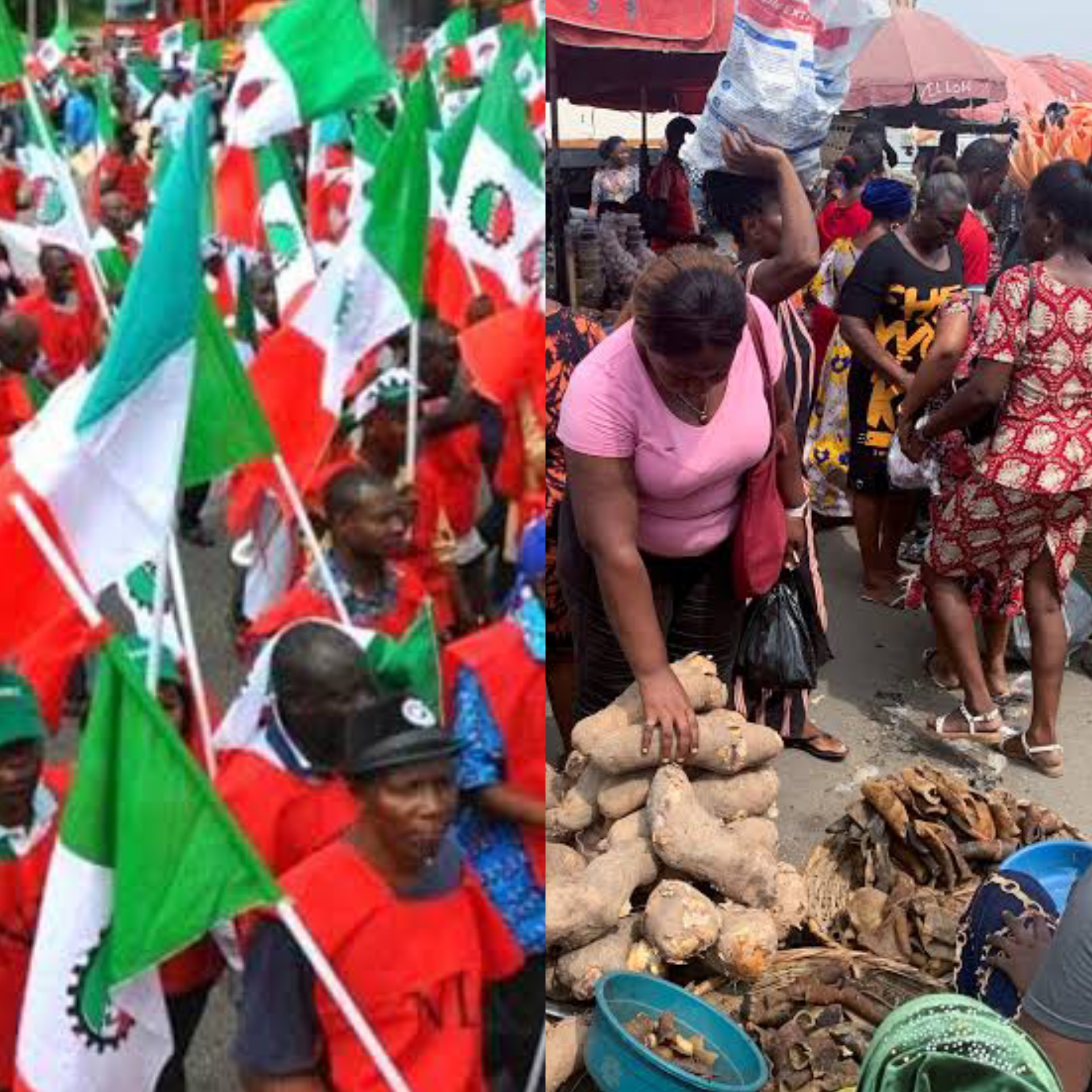Opinion
National Debate: Minimum Wage Increment VS. Economic Revamp In Nigeria
By Ben Abioye

Nigeria is grappling with a severe economic crisis. Over the past year, the prices of basic commodities have surged by over 100%, placing an enormous burden on the populace. The value of the Nigerian Naira against the dollar has plummeted, exacerbating the cost of living. In this context, citizens are finding it increasingly difficult to meet their basic needs.
The Current Situation
In response to this crisis, the Organized Labour in Nigeria is advocating for an increase in the minimum wage. Their argument hinges on the premise that higher wages are essential for workers to cope with soaring costs. Negotiations with the federal government have been ongoing for several months, yet no resolution has been achieved. The Labour has now threatened an indefinite nationwide strike to press their demands.
The Case for Minimum Wage Increment
Proponents of raising the minimum wage assert that this measure will provide immediate financial relief to workers. Increased wages could enable individuals to afford essential items such as food, housing, and healthcare, thereby alleviating some of the immediate economic pressures faced by families. This perspective emphasizes the need for a swift response to the urgent financial struggles of the populace.
The Case for Economic Revamp
Conversely, many argue that merely increasing the minimum wage does not address the fundamental issues at play. They contend that without tackling the root causes of inflation and economic instability, any wage increase will be rendered ineffective as prices continue to rise. Advocates for an economic revamp propose a multifaceted approach, which includes:
-Reducing the costs of goods and services by addressing supply chain inefficiencies and market distortions.
-Strengthening the Nigerian Naira to stabilize the cost of imports and control inflation.
-Ensuring reliable electricity supply to lower production costs and support business growth.
-Promoting overall economic growth through diversified investments and robust policy reforms.
The Debate
Supporters of economic revamp argue that a comprehensive strategy aimed at stabilizing and growing the economy would create a more sustainable solution. They believe that by reducing inflation and improving economic stability, the current minimum wage could suffice to cover basic living expenses. This approach seeks to address the structural problems causing economic hardship, rather than providing a temporary fix.
On the other hand, advocates for the minimum wage increment highlight the immediate needs of the workforce. They stress that workers require urgent financial support to manage their daily expenses. While acknowledging the importance of long-term economic reforms, they argue that an immediate wage increase is essential to mitigate the current crisis and provide short-term relief to struggling families.
Conclusion
The debate between increasing the minimum wage and revamping the economy presents a complex dilemma. Both strategies have merits: increasing the minimum wage offers quick relief, while revamping the economy promises a more durable solution. A balanced approach might be necessary, combining immediate measures to raise wages with long-term strategies to stabilize and grow the economy. Only by addressing both the immediate needs and the underlying causes of the economic crisis can Nigeria hope to improve the standard of living for its citizens.
Send Us A Press Statement Advertise With Us Contact
And For More Nigerian News Visit GWG.NG

